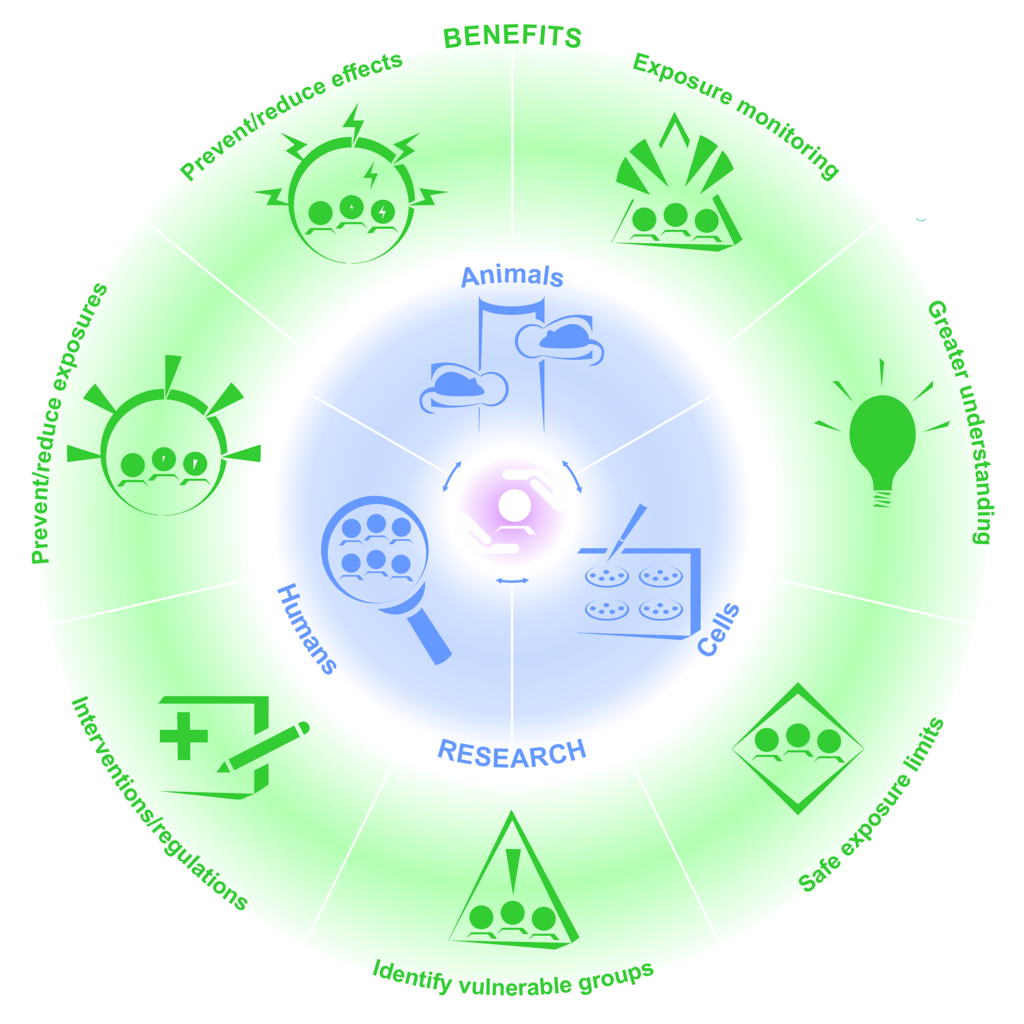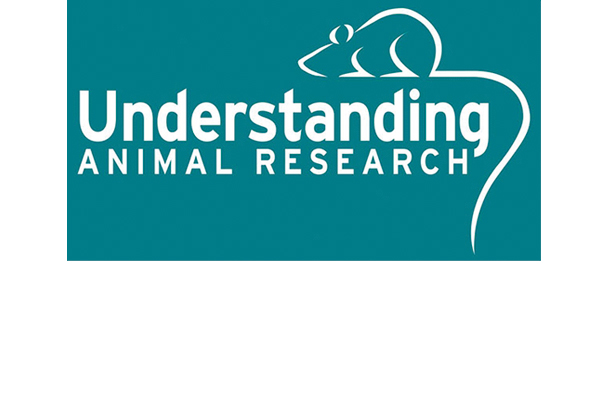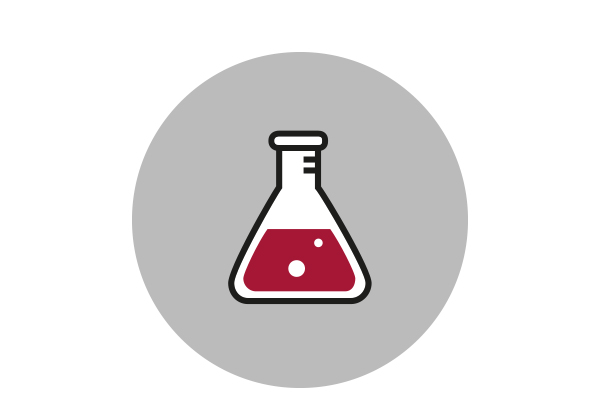Animals in Safety Science
The use of animals in safety science by BTS members.
Toxicologists and safety scientists study how substances essential to our daily lives (e.g. medicines, treatments, chemicals), our lifestyle choices (e.g. smoking, vaping, alcohol, diet), and our environment (e.g. air pollution, pesticides, climate change) can impact our health.
This involves performing research to better understand what we are exposed to and how the body responds to such exposures. Studies on human cohorts can identify associations between specific exposures and health outcomes. But to understand the biological processes underlying these associations, experimental models are required. The model(s) used depends on the particular research question and/or application. Cell models enable the detailed study, and manipulation of, specific responses and pathways in human cells. However, despite recent advances in cell culture techniques, they are unable to fully recapitulate whole body systems. Therefore, research using animal models remains essential. Often within a toxicological study, all three approaches will be used to inform each other and build complementary evidence.
This enables toxicologists and safety scientists to characterise what we are exposed to and at what levels; better understand responses to exposures; determine safe exposure limits; identify vulnerable groups; and develop interventions and/or regulations to prevent or reduce exposures and/or their associated effects. All of these benefits protect human health and the health of our environment.

For more information see the BTS public information article on ‘The Use of Animals in Toxicology & Safety Science’

Animals in Science Regulation Unit (ASRU)
ASRU is responsible for administering and enforcing The Animals (Scientific Procedures) Act 1986 in England, Scotland and Wales.
Find out more
UAR & Concordat
The Concordat, launched by Understanding Animal Research in 2014, is a set of commitments for UK-based life science organisations to enhance their animal research communications.
Find out more
The National Centre for the Replacement, Refinement & Reduction of animals in Research (NC3Rs)
The NC3Rs is a UK-based scientific organisation that works nationally and internationally with the research commit to replace, refine and reduce the use of animals in research and testing.
Find out moreUse of animals by BTS members
For examples of research performed by BTS members that required animal use please click on the links below.




